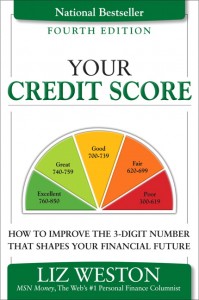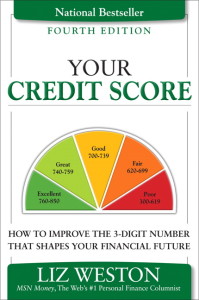 A reader whose credit scores have already been badly damaged by late payments and charge-offs had a question: How much more would her scores drop if she filed for bankruptcy?
A reader whose credit scores have already been badly damaged by late payments and charge-offs had a question: How much more would her scores drop if she filed for bankruptcy?
For years the creators of the leading FICO credit scoring formula were a bit vague about the answer, saying only that a bankruptcy filing is “the single worst thing” that can happen to your scores.
Three years ago, though, the FICO folks provided a peek into how the formula treats a bankruptcy filing as well as other major negatives. You’ll find the post that covers that topic on FICO’s Banking Analytics blog. I go into more detail about this in my book “Your Credit Score,” but you’ll see that, indeed, the impact of a bankruptcy is bigger than that of other negatives. As with other black marks, a bankruptcy hurts already battered scores proportionately less than it does those with higher scores. But in the three examples given (people who started with scores of 680, 720 and 780), everyone ended up in the low to middle 500s. Not a great place to be. Futhermore, it takes years for credit scores to recover. To get back to “good” credit of 720 and above will take 7 to 10 years.
So does that alone mean people should avoid bankruptcy? Heavens, no. Bankruptcy puts a legal end to collection efforts and the ongoing damage unpaid debts can do to your scores. If you can get your act together and start using credit responsibly after a bankruptcy filing, you can start to rebuild your scores immediately. If you continue to struggle with un-payable debt, you may never be able to rehabilitate your credit.
Obviously, if you can pay your debts, you should. Many people who can’t wind up doing themselves more damage, and throwing good money after bad, in vain struggles to pay their bills. If you’re falling behind and can’t see how you’ll catch up, you’d be smart to at least talk to a bankruptcy attorney about your options.


